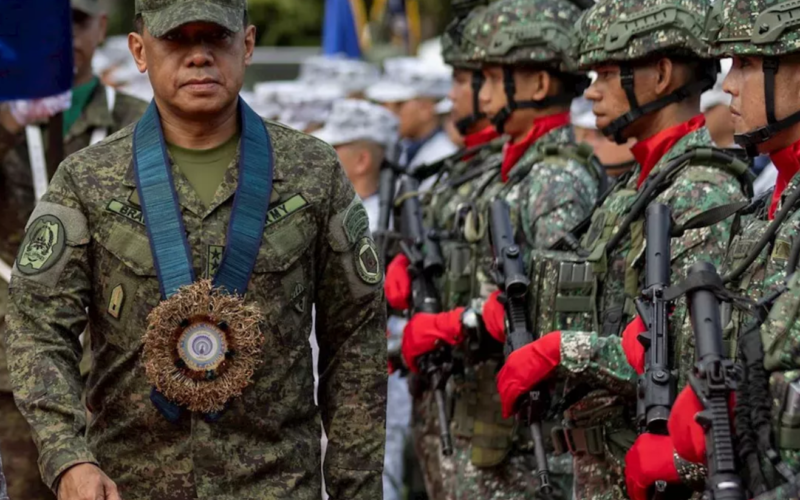In response to the escalating frequency of cyberattacks, the Philippines is taking a bold step by establishing a dedicated cyber command within its military forces. This move aims to enhance the nation’s cyber defenses against the constant onslaught of online threats and comes with a commitment to adapt recruitment regulations to attract digital experts into this new line of defense. The initiative seeks to safeguard critical infrastructure, protect sensitive data, and strengthen national security.
The Philippines has not been immune to the global rise in cyberattacks, with several government agencies, including the lower house of Congress, reporting recent incidents. These attacks are not limited to domestic origins, as the chief of the armed forces acknowledged that some of the daily attacks on military systems originate from abroad. While no successful attacks have been recorded, the country recognizes the urgent need to reinforce its cybersecurity measures.
To address this evolving threat landscape, the Philippine military is making a strategic shift in its recruitment efforts. Instead of solely focusing on traditional infantry battalions, the armed forces are now actively seeking to recruit a cadre of “cyber warriors.” General Romeo Brawner, chief of the armed forces, emphasized that these modern defenders do not require physical strength but exceptional digital expertise.
This initiative reflects a broader realization that the future of security extends into the digital realm, demanding specialized skills to combat a wide range of cyber threats effectively. With cyber warfare becoming increasingly sophisticated, the Philippines is committed to building a formidable line of defense in the virtual arena.
The armed forces have experienced cyberattacks almost daily, and while they have successfully thwarted these attempts, there is growing concern that some attacks may have foreign origins. As part of this endeavor to strengthen national cybersecurity, the focus includes safeguarding military installations and sensitive data from external interference.
General Brawner also outlined plans to halt the practice of allowing telecommunication companies to erect cell towers within military compounds. This change aims to enhance security by preventing the presence of external infrastructure in sensitive areas. The military bases had been hosting installations operated by various mobile phone firms, including China’s state telecom giant, China Telecom.
In alignment with a broader modernization effort, the Philippines seeks to acquire radar equipment from Japan. This equipment will significantly enhance its ability to surveil territorial waters and the exclusive economic zone, thereby bolstering national defense.
The establishment of a cyber command and the recruitment of cyber warriors underscore the Philippines’ commitment to safeguarding its digital sovereignty and securing the nation against evolving cyber threats. As cybersecurity remains a global priority, this initiative reflects a forward-looking approach to defense and underlines the importance of adapting to a rapidly changing threat landscape.








